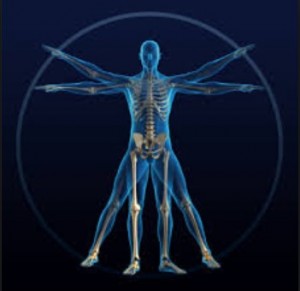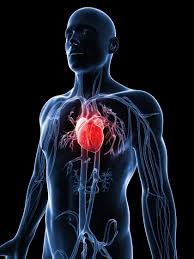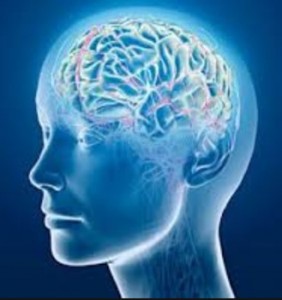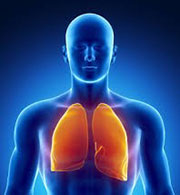Surgeon General Recommends Tai Chi for Bone Health

According to the 2012 Surgeon General’s Report, by 2020 half of all Americans over 50 will have weak bones unless we make changes to our diet and lifestyle. The medical expense for treating broken bones from osteoporosis is as high as $18 billion each year. Physical activity contributes to bone health. The report states that exercises like Tai Chi that improve balance and coordination are the most helpful. It also recommends Tai Chi as an exercise that increases balance and strength to reduce your risk of falling.
A.H.A. Reports that Tai Chi Can Give You a Healthy Body and a Strong Heart

The American Heart Association reports that recent studies show that Tai Chi is a safe form of aerobic exercise. It is a low-to-moderate intensity activity, depending on your training style, how deep you sink into postures, how fast you move from one posture to the next and the duration of your practice. The majority of studies report the intensity of Tai Chi at about the same intensity as walking at a moderate pace (about 3 miles per hour) on level ground. It can get your heart rate up from 50% to74% of maximum. Regular physical activity, including Tai Chi, has beneficial effects on many risk factors for heart disease, such as high blood pressure, high cholesterol levels and pre-diabetes. Studies to date suggest that Tai Chi is safe for heart patients.
Meditation Increases Gray Matter in the Brain

A tranquil mind should be at the root of all Tai Chi practice. This means training the mind to be silently aware without focusing on anything in particular. A team of Harvard-affiliated researchers conducted an 8-week study of the effects of mindfulness meditation on the brain. By analyzing before and after MRI images, they found that the gray matter density in the part of the brain known for learning and memory had increased and the gray matter density in the area known to play an important role in anxiety and stress had decreased. The density of other structures of the brain associated with self-awareness, compassion, and introspection had also increased.
Tai Chi’s Slow Deep Breathing Can Improve Your Mental and Physical Health

Awareness of the breath is a constant feature of Tai Chi. Doctors and psychologists say that breathing and controlling your breath is one of the easiest ways to improve mental and physical health.
Slow deep breathing has been shown to have benefits in treating conditions ranging from migraines and irritable bowel syndrome to anxiety disorders and pain.
Tai Chi’s Gentle Movements May Prevent, and Possibly Reverse, Chronic Pain

Tai Chi may help resolve chronic back pain according to Harvard researchers. People with acute low-back pain that doesn’t resolve quickly may alter the way they move to avoid inducing pain. These regions of the back may be hypersensitive to pain after healing. The changes remodel connective tissue making it stiffer and less elastic and affecting walking and balance. Resting may lead to further stiffness and weakness and symptoms getting worse. Tai Chi’s gentle movements might help begin to stretch and strengthen tissues and improve local circulation in the back. This can lead to more efficient gait and posture putting less strain on tissue, including connective tissues.

